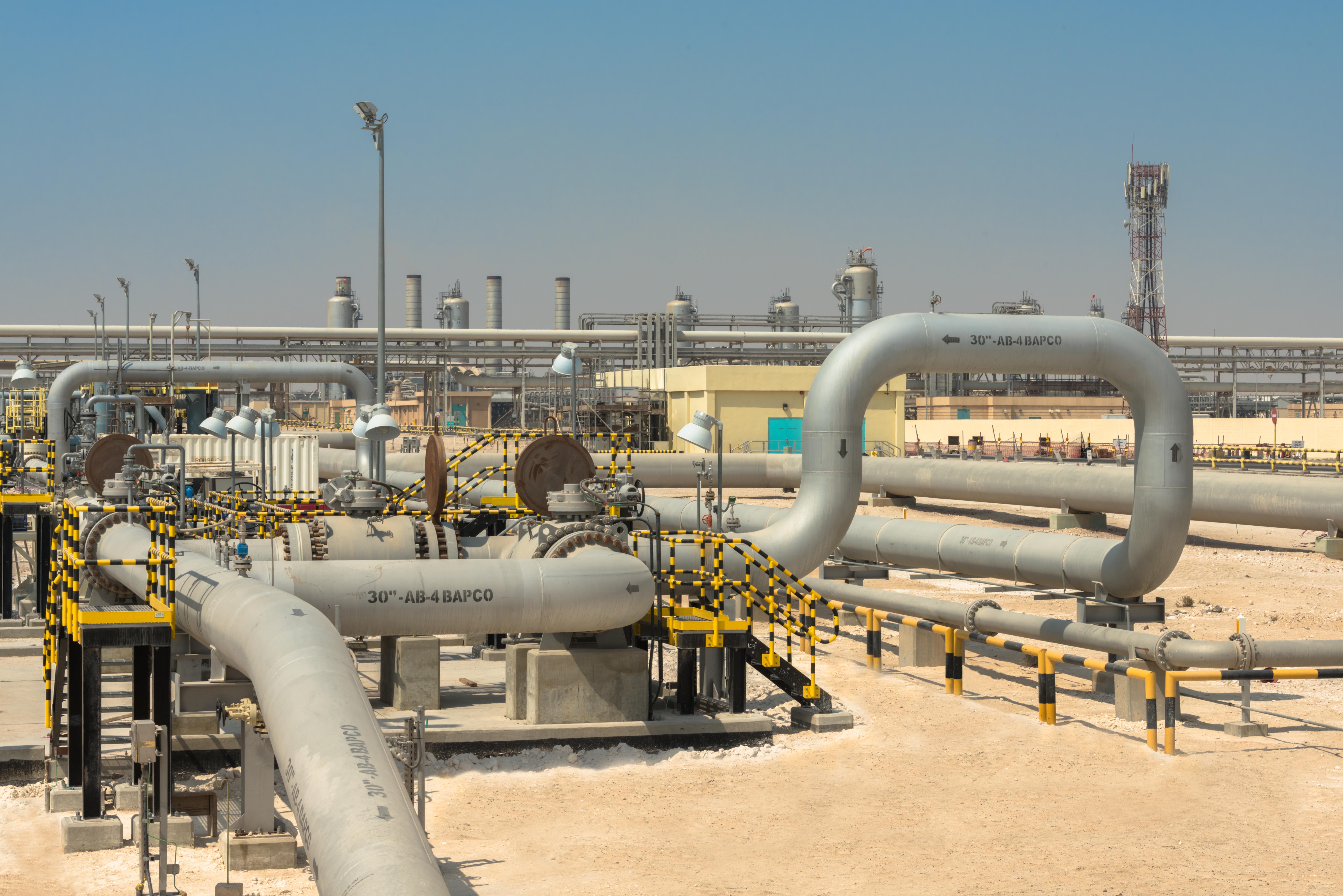Bahrain, the smallest economy in the Gulf region, is looking to attract investors for a critical pipeline that carries crude oil from Saudi Arabia, according to sources familiar with the matter. This move comes as the nation seeks to monetize its energy assets.
The pipeline, jointly operated by Saudi Aramco and Bahrain's own Bahrain Petroleum Company (Bapco), has the capacity to transport up to 350,000 barrels of oil per day. It connects oil processing facilities in Abqaiq, Saudi Arabia, with the Bapco refinery situated in Bahrain. While officials from Bapco Energies, which manages Bahrain's energy infrastructure including the pipeline, declined to comment on the matter, sources suggest the government could raise several hundred million dollars through the stake sale.
This reported investor search aligns with Bahrain's broader efforts to open up its energy sector to foreign investment for the first time in decades. The nation's hydrocarbon reserves are dwarfed by those of its wealthier neighbors, but its leadership aspires to emulate the strategy of regional giants like Saudi Arabia and the United Arab Emirates. Both these countries have been actively attracting foreign capital into their energy sectors in recent years, aiming to diversify their economies and lessen their dependence on oil revenue.
Bahrain's decision to seek investors for the pipeline can be interpreted in a few ways. Firstly, it reflects a need to generate additional revenue streams in the face of a global energy market characterized by price volatility. By bringing in external investors, Bahrain could potentially unlock significant capital that could be used for economic development projects in other sectors. Secondly, this move signifies a willingness to embrace a more international approach to managing its energy resources. Partnering with foreign companies could bring in fresh expertise and technology, potentially leading to increased efficiency in pipeline operations.
There are, however, potential challenges associated with Bahrain's strategy. The global energy transition, with its growing emphasis on renewable sources, could dampen investor interest in oil pipelines. Additionally, the specific terms of the proposed stake sale, including the level of control offered to investors, will be crucial in attracting strong bids.
If successful, Bahrain's efforts to secure investors for the Saudi oil pipeline could represent a significant turning point for the nation's energy sector. It would signal a new era of openness to foreign investment and potentially pave the way for further collaboration with international companies. The outcome of this initiative will be closely watched by other Gulf nations contemplating similar strategies for managing their energy assets.

